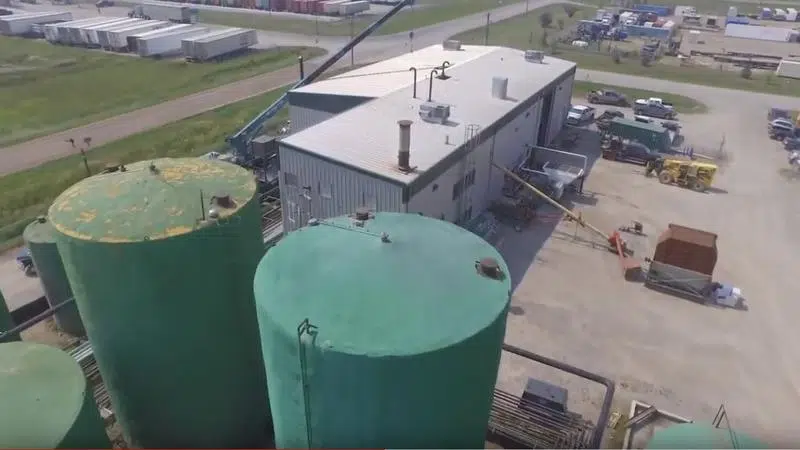Anyone have experience or knowledge of this process? It says it can be zero-emission. Does it create ash or slag? They are pretty big on promoting the pros, what are the cons?
(broken link removed)
(broken link removed)



